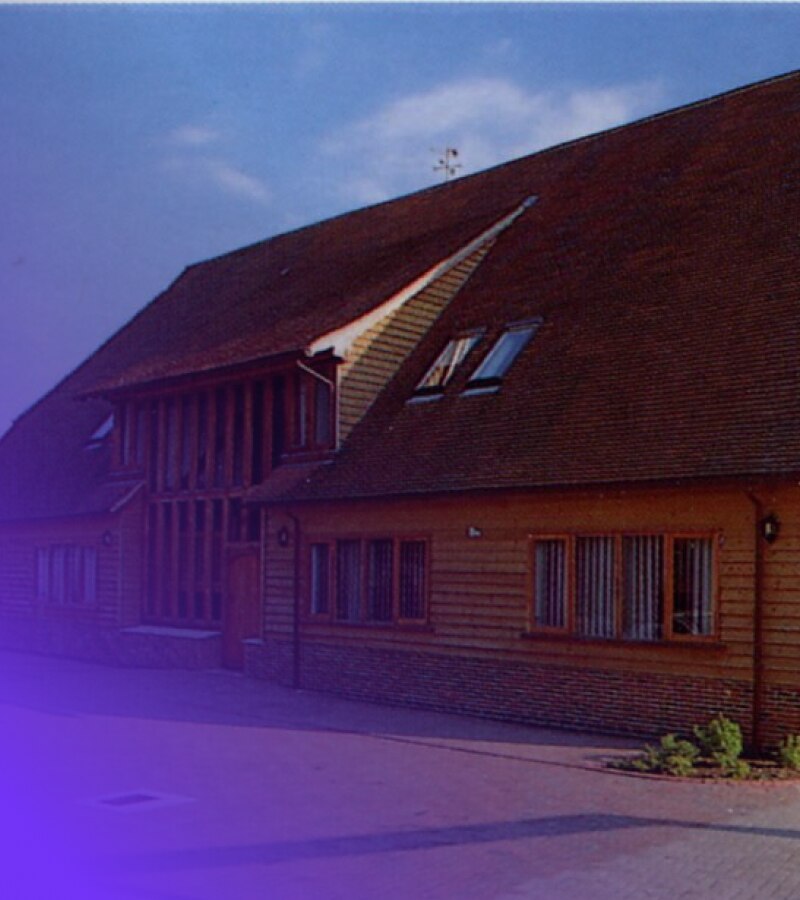A New Game-Changer for Arm Linux Development in Automotive Applications

The rising adoption of advanced driver-assistance systems (ADAS), autonomous driving (AD) features, and software capabilities in software-defined vehicles (SDVs) is leading to growing computing complexities, particularly for software and developers. This has created a demand for more efficient, reliable, and powerful tools that streamline and strengthen the automotive development experience.
System76 and Ampere have responded to this need with Thelio Astra, an Arm64 developer desktop designed to revolutionize the Arm Linux development process for automotive applications. This innovative desktop offers developers the performance, compatibility, and reliability to push the boundaries of new and advancing automotive technologies.
Unlocking the potential of automotive software with Thelio Astra
Designed to meet the rigorous demands of ADAS, AD, and SDVs, the Thelio Astra uses the same architecture as Arm-based automotive electronic control units (ECUs). The architectural consistency ensures that the software developed for automotive applications runs efficiently on Arm-based systems without additional modifications.
This native-development environment provides faster, more cost-effective, and more power-efficient software testing, promoting safer roads with smarter prototypes. Moreover, by leveraging the same architecture in build and deployment environments, developers can streamline their processes by avoiding cross-compilation, which simplifies the build, test, and deployment environments.
Key benefits of Thelio Astra
- Access to native performance: Developers can execute build and test cycles directly on Arm Neoverse processors, eliminating the performance overhead and complexities associated with instruction emulation and cross-compilation.
- Improved virtualization: Familiar virtualization and container tools on Arm simplify the development and test process.
- Better cost-effectiveness: Developers benefit from the ease of use and cost savings of having a local computer with a high core count, large memory, and plenty of storage.
- Enhanced compatibility: Out-of-the-box support for Arm64 and NVIDIA GPUs eliminates the need for Arm emulation, which simplifies the developer process and overall experience.
- Built for power efficiency: The system is engineered to prevent thermal throttling, ensuring reliable, sustained performance during the most intensive workloads, like AI-based AD and ADAS.
- Advanced AI: Developers can build AI-based applications using frameworks, such as PyTorch on Arm, enabling powerful AI capabilities for automotive.
- Optimized developer process: The development process can be optimized by enabling developers to run large software stacks on their local machine, making it easier to fix issues and improve performance.
- Unrivaled ecosystem support: The robust and dynamic Arm software ecosystem for automotive offers a comprehensive range of tools, libraries, and frameworks to support the development of high-performance, secure, and reliable automotive software.
- Accelerated time-to-market: Developers can create advanced software solutions without waiting for physical silicon, accelerating innovation and reducing development cycles.
Cutting-edge configuration for efficient automotive workloads
Thelio Astra is designed to handle intensive workloads. This is achieved through an advanced configuration with up to a 128-core Ampere® Altra® processor (3.0 GHz), 512GB of 8-channel DDR4 ECC memory (3200 MHz), an NVIDIA RTX 6000 Ada GPU, 8TB of PCIe 4.0 M.2 NVMe storage, and dual 25 Gigabit Ethernet SPF28. This setup guarantees that developers can tackle the most demanding tasks with ease, providing the performance and reliability that are essential for cutting-edge automotive development.
Driving Innovation with SOAFEE and Arm Neoverse V3AE
Thelio Astra will play a crucial role in the Scalable Open Architecture for Embedded Edge (SOAFEE) initiative, which aims to standardize automotive software development. By providing a native Arm64 development environment, Thelio Astra supports the SOAFEE reference stack, EWAOL, alongside other automotive software frameworks, with helping to accelerate innovation and shorten development cycles.
Thelio Astra also capitalizes on the momentum from the introduction of the Arm Neoverse V3AE, the first server-class CPU designed for the automotive market. The Neoverse V3AE delivers robust performance and reliability, making it essential for AI-accelerated AD and ADAS workloads.
Pioneering the future of automotive software development
Thelio Astra represents a significant leap forward in Arm Linux development for the automotive industry. By addressing the growing complexities of ADAS, AD, and SDVs, System76 and Ampere have created an indispensable tool with Thelio Astra. This will provide the compatibility needed for automotive target hardware, while delivering the performance developers expect from a developer desktop.
As the automotive landscape continues to evolve, tools like Thelio Astra will be essential in ensuring that developers have the resources they need to create the next generation of automotive applications and software.
Access the new learning path
Looking for more information? Here’s an introductory learning path for automotive developers interested in local development using the System76 Thelio Astra Linux desktop computer.
Any re-use permitted for informational and non-commercial or personal use only.












